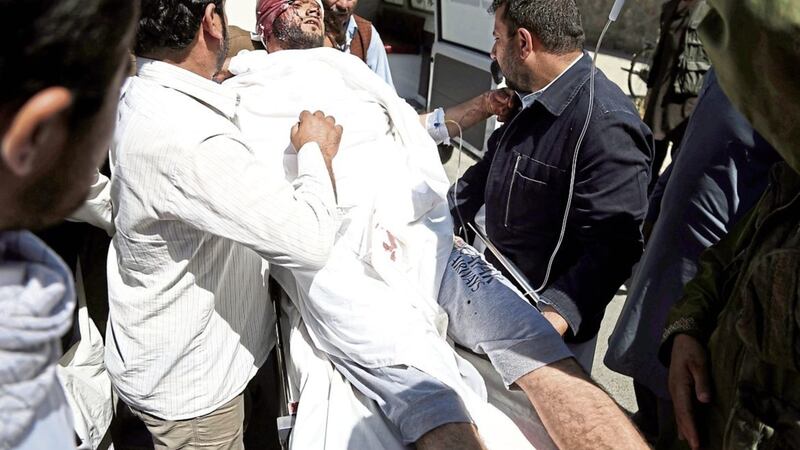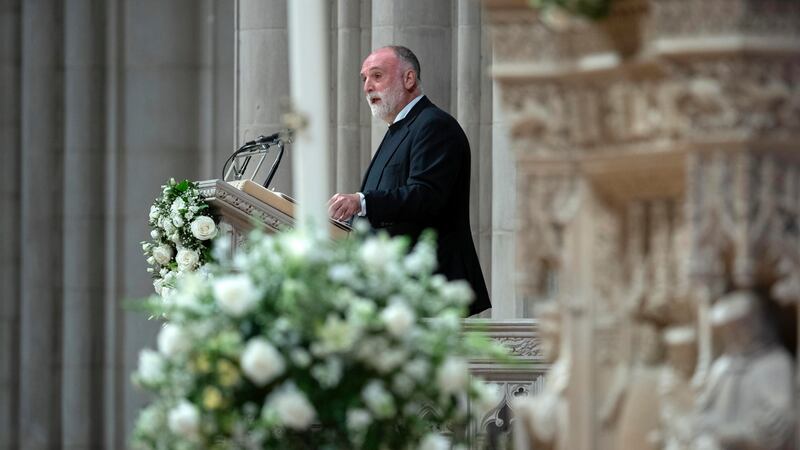AFGHANS are mourning family members, friends and colleagues a day after a massive truck bomb in Kabul left at least 90 people dead and more than 450 others wounded.
It was one of the worst extremist attacks since the draw-down of foreign forces from Afghanistan in 2014.
Scores of people are waiting in hospitals to hear about the status of family members and friends wounded in Wednesday's attack.
The bomber drove into the capital's heavily guarded diplomatic quarter during the morning rush hour, leaving behind chaos and destruction after the immense explosion.
Most of the casualties were civilians, including women and children, but the dead also included Afghan security guards.
There has been no claim of responsibility for the Kabul attack.
The city's acting mayor said the bombing also caused property damage as far as 2.5 miles away from the blast site.
Abdullah Habibzai said city workers have removed around 200 large truckloads of debris.
The total damage cost is estimated at £1.1 million, but that number could rise.
The explosives were hidden in a tanker truck used to clean out septic systems, according to Najib Danish, deputy spokesman for the interior minister.
The trucks are common in Kabul, a city of nearly four million people with no sewage system that mostly depends on septic tanks, and where open sewers are common.
The blast gouged a crater about 15ft deep near Zanbaq Square in the Wazir Akbar Khan district, where foreign embassies are protected by their own security personnel as well as Afghan police and National Security Forces.
The nearby German Embassy was heavily damaged.
Also in the area is Afghanistan's foreign ministry, the Presidential Palace and its intelligence and security headquarters, which are guarded by soldiers trained by the US and its coalition partners.
Afghanistan's war, the longest ever involving US troops, has shown no sign of letting up and the introduction into the battle of an Islamic State group affiliate has made the country only more volatile.
Although they are small in number, militants from the Islamic State in Khorasan - an ancient name for parts of Afghanistan, Iran and Central Asia - have taken credit for several assaults on the capital.


